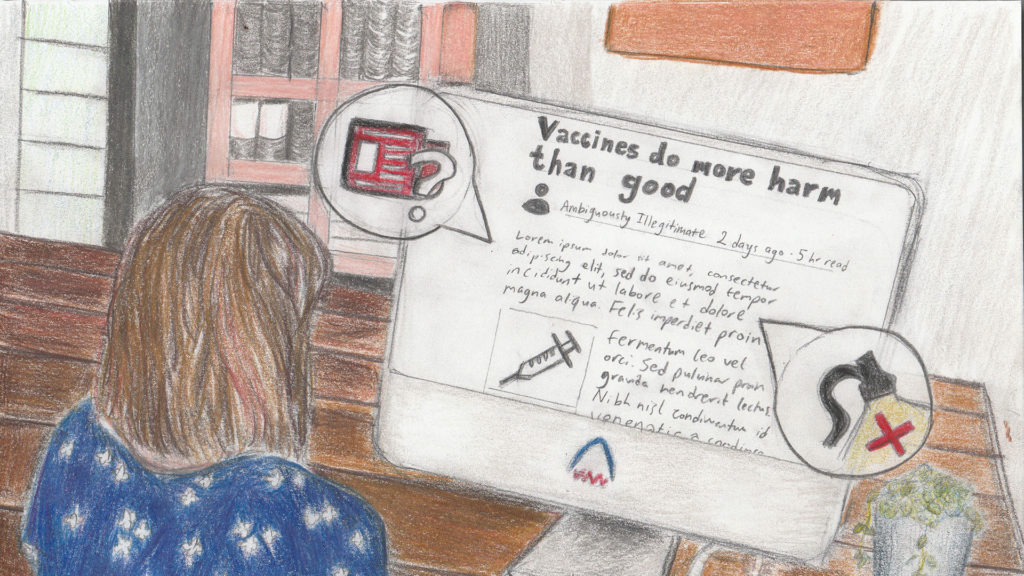Become A Wiser Digital Consumer By Practicing Digital Literacy
Nowadays it has become easier to share articles, pictures and videos that can be manipulated by anyone and shared on a massive scale.
However, fake news can distort our perception of reality about social and political issues and intensify mistrust among people.
According to a study from the Pew Research Center, fake news not only affects the trust people have in governmental institutions but 54 percent of Americans said that it also affects their trust in others.
Sometimes even causing families or friends to avoid talking to each other or even being blocked on social media.
After analyzing more than 7,800 student responses, Stanford’s Graduate School of Education explained in a study that students struggle to distinguish the accuracy of online information and are easily duped.

We are all individually responsible for the widespread of fake news, by getting impressed with a headline and immediately sharing it. Making it viral without necessarily checking the source first.
Digital literacy is the understanding of how to engage responsibly online and using critical thinking skills to identify false information online.
So, in order to be digitally literate, it is important to approach information critically.
Verify the author and date of publication of the news story. Check for credibility.
Make sure that the authors are journalists that adhere to a reporting code of ethics and are knowledgeable in the subject of their writing.
Stay away from articles that don’t list an author.
Be skeptical about emotionally charged language, news with more neutral language tends to be trustworthy.
Find multiple and diverse sources to have different perspectives.
Use fact-checking websites such as Factcheck.org or Politifact.com for verification.
In order to be wiser media consumers, we need to start putting digital literacy into practice and start sharing information responsibly.


